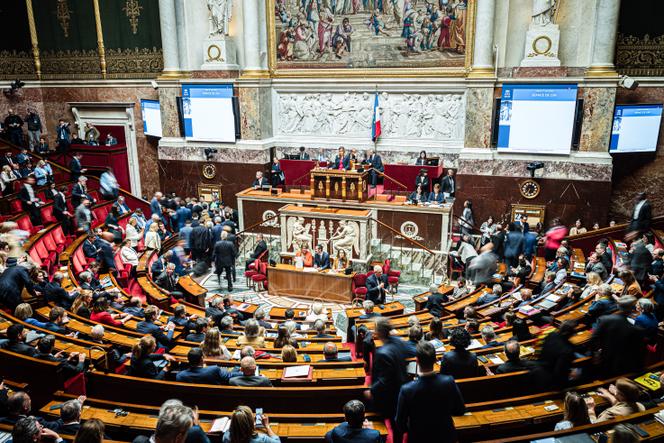


Some disappearances are more significant than others. One year after the dissolution of the Assemblée Nationale on June 9, 2024, which triggered a snap election, the political embodiment of France's "republican front," the tradition of parties working together to beat the far right, is nowhere to be found. Little appears to remain of the unprecedented electoral mobilization that formed within days of President Emmanuel Macron's decision to dissolve. Last summer, the parties of the centrist bloc supporting Macron and the left-wing Nouveau Front Populaire (NFP) alliance had sought to minimize the gains of a far right strong from coming out top in the European elections. In all, 210 candidates withdrew from three-way second-round votes – 130 from the NFP and 80 from the centrist bloc – to prevent the far-right Rassemblement National (RN) and its allies from taking power.
In the eyes of many voters, the absence of a majority in the Assemblée gave the republican front a political mandate to govern without the far right. Many believed a chamber split into three equivalent blocs would be enough to convince the parties to build a coalition and to ensure the country's governability. "The 2024 republican front carried a promise of unity. Voters were disappointed that it didn't happen," said Harold Huwart, an MP from the LIOT group of miscellaneous independents. The republican front was "neither a choice of government nor a roadmap for public action, because blocking the RN, on its own, is not a program," explained Bruno Cautrès, a researcher at the Centre for Political Research at Sciences Po.
You have 76.68% of this article left to read. The rest is for subscribers only.
